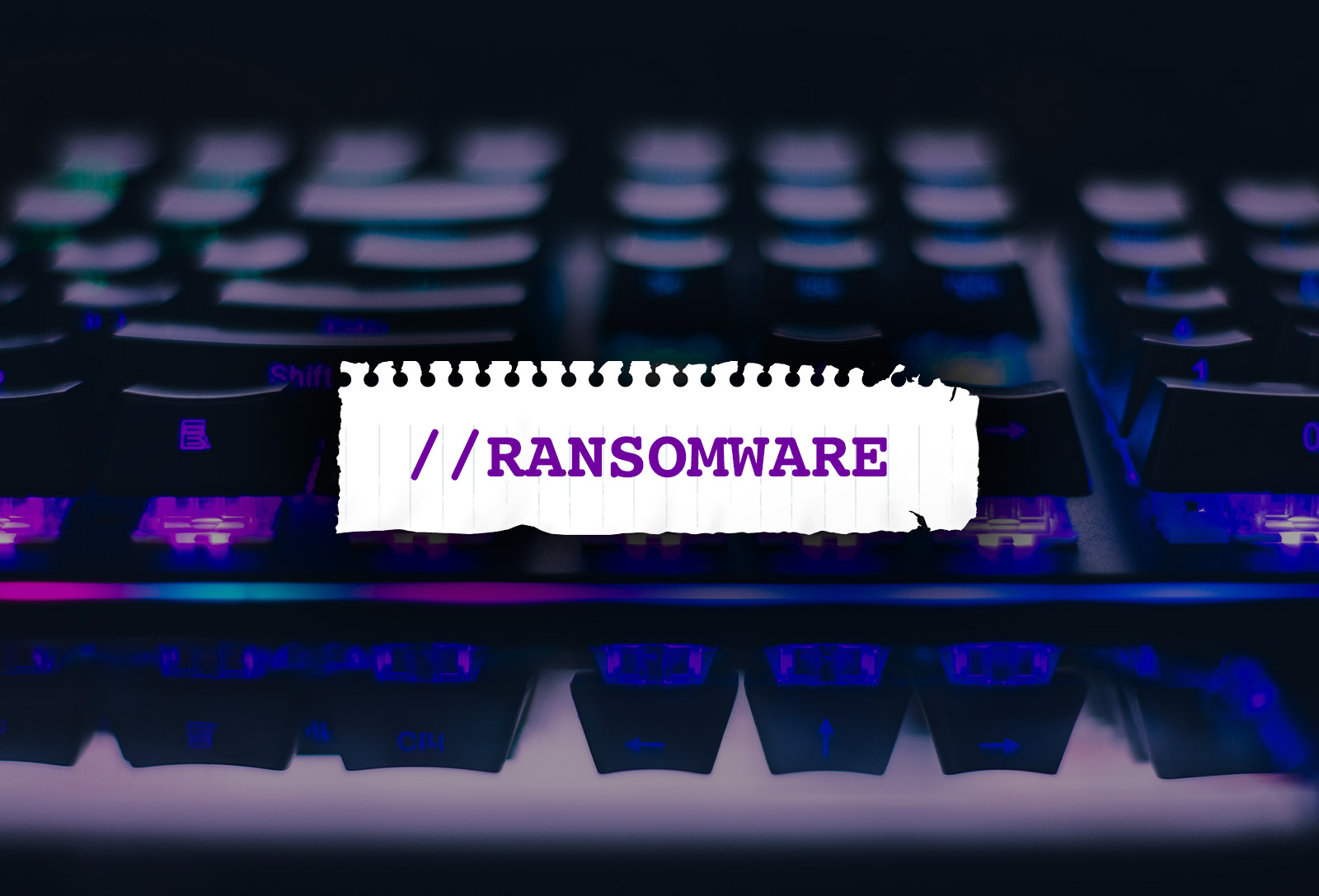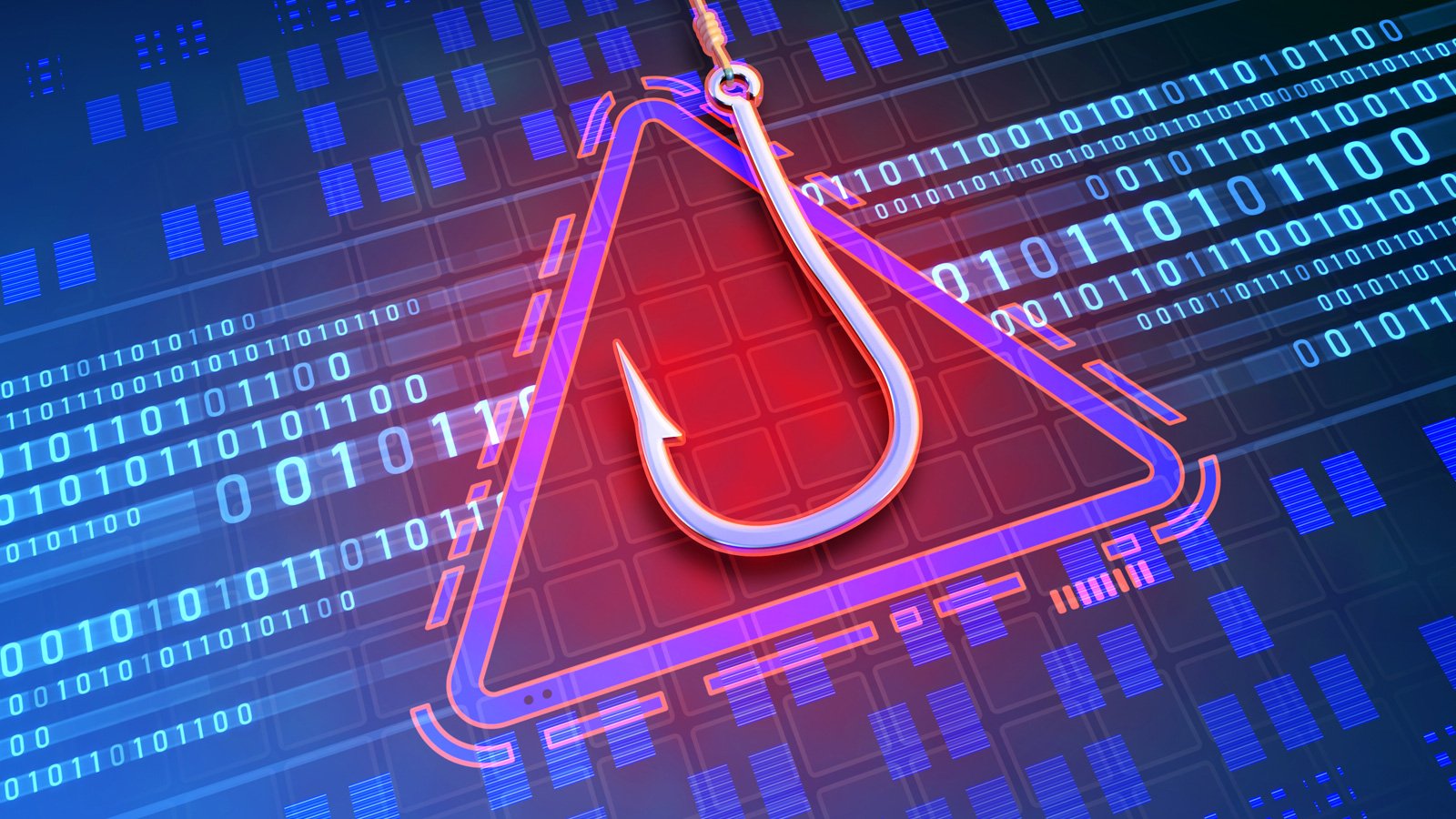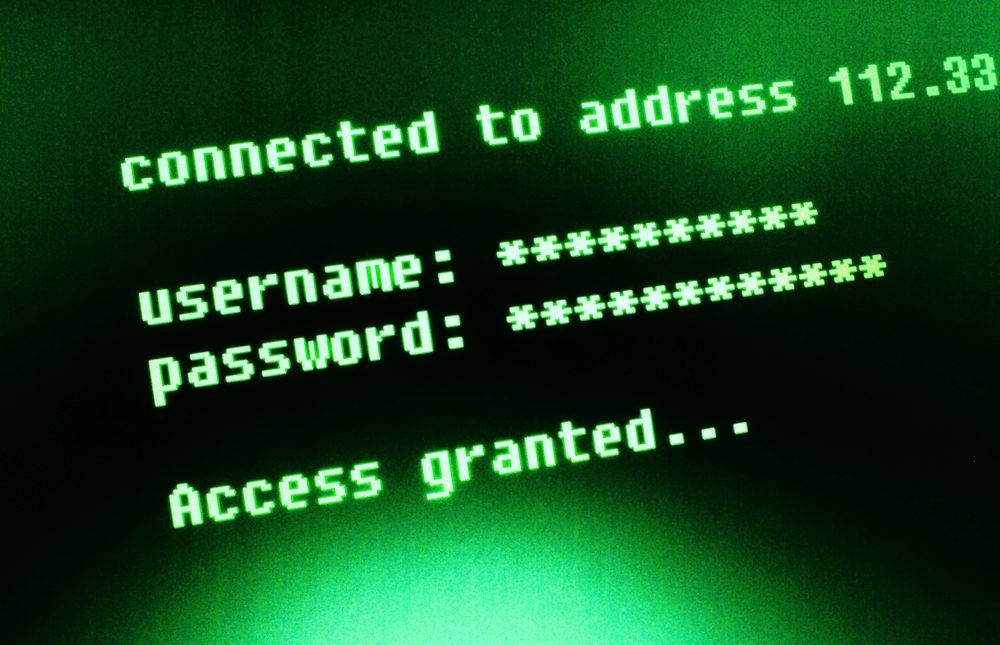A Canadian-Russian man, Mikhail Vasiliev, who is facing extradition to the United States for his alleged involvement in the LockBit ransomware group, is now facing new cybercrime charges in Ontario.
The accessed data included sensitive details such as names, addresses, phone numbers, Social Security numbers, and bank account numbers of individuals associated with mortgage loans serviced by Mr. Cooper.
The malware is being distributed through emails pretending to be from an IRS employee, with recipients unknowingly downloading the QakBot DLL when attempting to view a PDF attachment.
Investing in cutting-edge cybersecurity tools not only enhances defensive capabilities but also stimulates innovation and fosters public-private partnerships to strengthen the nation’s cyber defenses.
Patients have received email threats, stating that their personal information has been compromised. The center has taken impacted systems offline, notified law enforcement, and launched an investigation.
The new rules require affected companies to assess the severity of the incident and report it immediately to the local industry supervision department without omitting or concealing any facts.
Users are advised to be vigilant and only access the official kinsta.com or my.kinsta.com websites, enable two-factor authentication, and disregard any suspicious emails or messages claiming to be from Kinsta.
The malware targets email, FTP, and online banking credentials. The latest version includes a new plugin system for customization, a “Data Spy” plugin for capturing RDP login credentials, and improvements in stealing data from browsers.
The suspects not only leaked data from the ICMR, but also claimed to have pilfered information from the FBI and Pakistan’s CNIC, highlighting the extent of their illegal activities.
A threat actor known as UNC2975 has been using malicious advertisements to distribute malware since 2021. They create fake websites related to topics like unclaimed money and astrology to trick users into visiting them.









